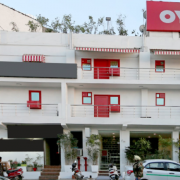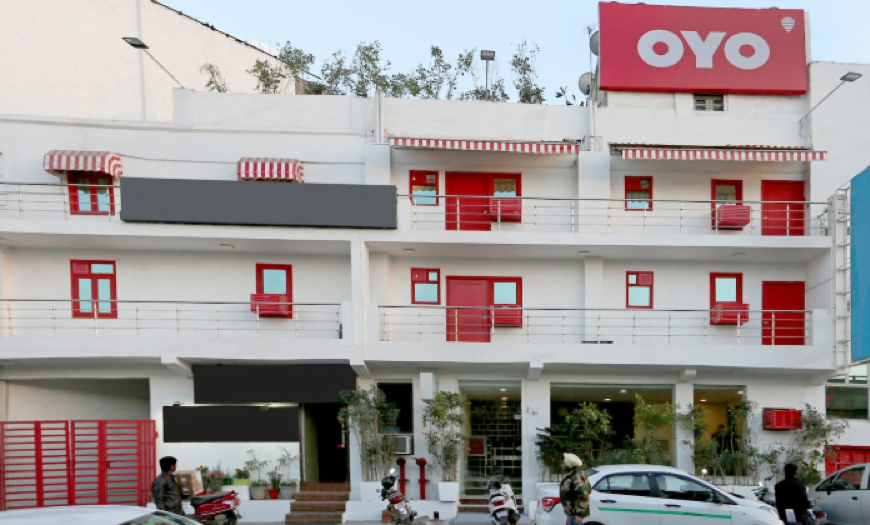SoftBank's Crash and Burn
The bizarre case of Softbank’s emperor has no clothes – its enigmatic CEO Masayoshi Son was heralded as a tech genius who planned to validate his intelligence by throwing money at budding tech companies that were supposed to deliver his investors billions in shareholder value.
It’s now Mr. Market who has the last laugh, as the infamous tech venture fund, smartly named the Vision Fund, bankrolled by Son and Middle Eastern wealth funds, took a turn for the worst with a $16.6 billion loss in the fiscal year that just ended.
Apparently, the vision fund is blind.
How bad is the situation at the “vision” fund?
A fraudulent tech company that sells shared office space owned by Softbank is now suing itself, creating a scenario where WeWork is reliant on Softbank to fund it, yet attacking the hand that is feeding it.
Presiding over a cesspool of conflict of interests, unremarkable business models, inflated egos, and botched management, the vision fund’s greatest success is overpaying for massive loss-making tech companies that sometimes weren’t even tech companies.
WeWork is the most high-profile casualty of Son’s excesses, but Oyo, the hotel sharing company, also epitomizes the state of Son’s crumbling empire.
Less than a year ago, Son publicly anointed Founder and CEO of Oyo Ritesh Agarwal one of the new up-and-coming tech innovators.
Oyo is the Uber of hotels that, through a reservation website, matches hotel units with paying customers.
Agarwal began working with small hoteliers on service, design and standardized accouterments like bedding and toiletries to draw more travelers. He took a 25% cut of sales.
The online hotel platform expanded ambitiously by recruiting hotel owners and guaranteeing a minimum amount of revenue, essentially doubling down that its online booking system and brand name would attract enough extra cash flow to sustain sales.
In the event that revenue goes to zero because of a pandemic, Oyo would incur abnormally high risk by still being on the hook for the revenue to the hotel operators.
Oyo has since gone back on its guarantee to pay guaranteed revenue streams to hotel operators alienating any potential relationships with hotels in the future.
Agarwal’s brainchild was supposedly poised to become the biggest hotel operator in the world.
Fast forward to today and the situation is nothing short of a disaster.
Oyo has called for a major restructuring, furloughing thousands of employees as it clings on for dear life.
Oyo is just another disastrous instance of the Vision Fund’s toxic array of underperforming assets.
The hotel startup was valued at $10 billion just recently and even though not a zero yet, the company has lost around 70% of its value in one month.
Complicating the pitiful situation, Agarwal borrowed $2 billion to buy back shares in his own creation speculating that Oyo would be able to offload the asset to avid investors.
Agarwal could face an imminent margin call from the banks he borrowed from, setting the stage for Son to bail out another ridiculous sideshow or let it rot like WeWork who is effectively suing Son for not following through with a $3 billion bailout that he is walking away from.
Son promised after WeWork that he wouldn’t bail out any more startups, but the issue now is that the list of eroding companies grows longer and Son’s ability to fund these decrepit companies weakens by the day as business is shut around the world and his balance sheet sours.
Just look around at the lifeless companies that have been put out of their misery such as Brandless Inc., Zume Pizza Inc., and OneWeb just filed for bankruptcy.
I double down that no tech firm will be able to go public in 2020, and the rotten apples under Son’s leadership are now being inspected for exactly how rotten each apple is.
Tech investors should take this cue to find higher ground in the form of iron-clad balance sheets, positive cash flow, and unmistakable intellectual property.
If you can slip in a recurring subscription model in the equation, then that is the cherry on top of the chocolate sundae.
Park money in the corona tech stocks of DocuSign (DOCU), Zoom Video Communications, Inc. (ZM), Amazon (AMZN), Netflix (NFLX) and Microsoft (MSFT), then grab some popcorn to watch how Son’s portfolio blows up in dramatic fashion.


